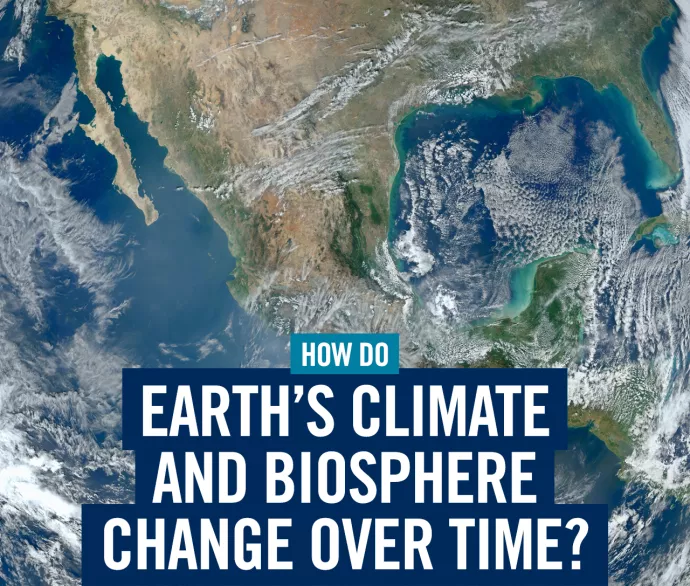
Climate change is affecting all aspects of our lives. It is critically important and urgent to understand how Earth's climate and biosphere have changed over time and how these changes are affecting the natural environment. To this end, in the Department of Chemical and Physical Sciences, we are using advanced measuring and modelling technologies to understand how the oldest ecosystems evolved, and how they have responded to a changing climate. We investigate the causes, and consequences, of an evolving planet, and explore the effects of climate change on the processes and patterns in geosphere, atmosphere, biosphere, hydrosphere, and cryosphere. Our goal is to contribute towards a deeper understanding of changes pertaining to Earth's climate system, in support of the world’s climate change adaptation and sustainable development.

Jochen Halfar
Deciphers paleoclimates from geological archives on different time scales ranging from the past centuries to 55 million years ago by applying geochemical and sedimentological techniques.

Marc Laflamme
Investigates the origins, evolution, and fossilization of the Ediacara biota at the dawn of animal life.

Kent Moore
Uses observations, satellite data and computer models to study the changing nature of the Arctic climate and weather.
Lindsay Schoenbohm
Investigates climate-tectonic interactions, including landscape evolution, drainage reorganization, and erosion by rivers, glaciers and wind.

Xiaoyong Xu
Integrates remote sensing and modelling to advance understanding of climate change effects on the water cycle behaviour and interactions of atmospheric, terrestrial and hydrological processes.
